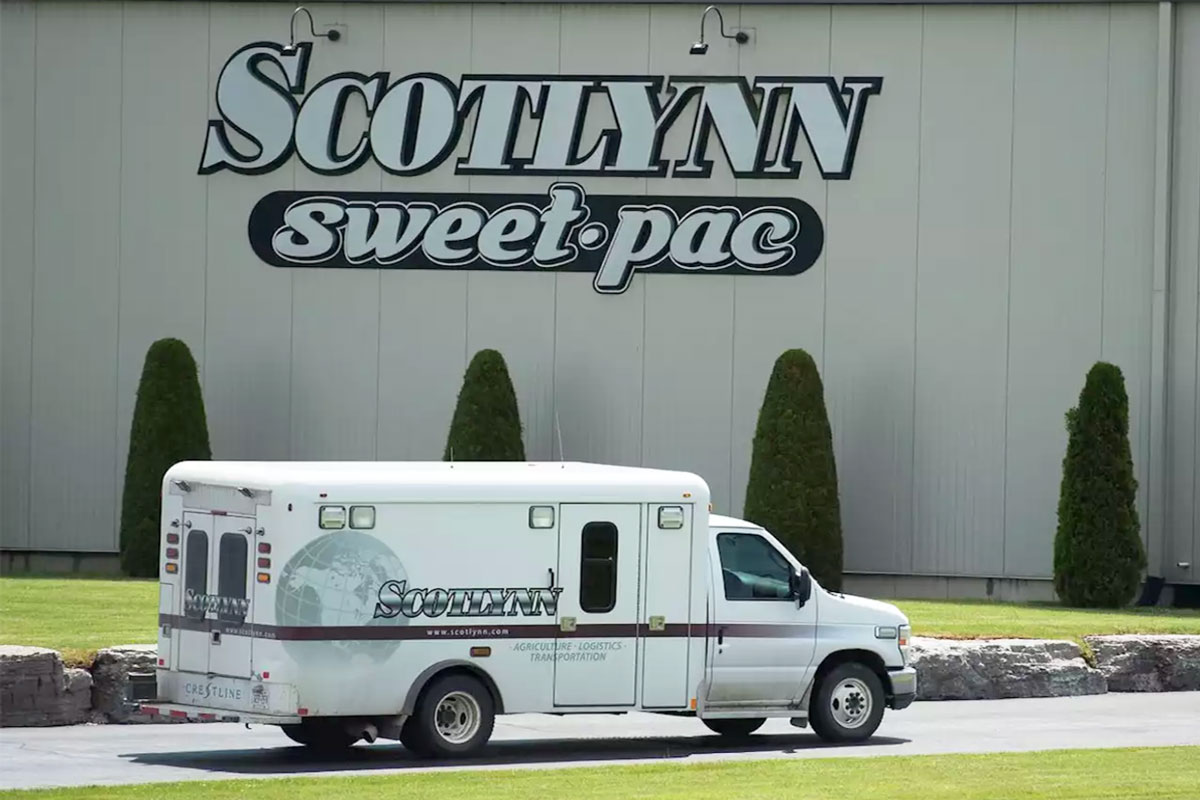“We need more than hollow words.”
June 23, 2020
After third migrant agricultural worker death in Canada, experts denounce government inaction.
On Sunday, June 20th, 55-year old Juan López Chaparro became the third migrant agricultural worker to die from COVID-19 while in Canada. Juan was employed by Scotlynn Group in Southern Ontario, the farm with the largest COVID-19 outbreak among migrant agricultural workers in the country.
More than 700 migrant agricultural workers have tested positive for COVID-19 in Ontario. The Migrant Worker Health Expert Working Group (MWHEWG), an interdisciplinary group of clinicians and experts with extensive experience working with migrant agricultural workers, mourn this tragedy, and denounce the inaction that failed to keep Mr. Chaparro safe.
Dr. Susana Caxaj, one of the coordinators for the expert working group noted:
“We have said so before, and we are saying it now again. We believe that these deaths are preventable. All levels of government must show leadership to ensure there are no more tragedies among this population.”
“We have asked health authorities to outreach to workers and develop accessible and direct communication to ensure timely medical attention. We are insisting that provincial ministries show leadership and develop standard public health and employment standard protocols that will guarantee workers’ safety and income. We have pleaded with the federal government to amp up enforcement that ensures adequate housing and working conditions, and creates an environment where workers can freely refuse unsafe work. The solutions are known to us. We just need all levels of government to finally act in the best interest of this essential workforce.”
As expert working group member, Dr. Leah Vosko, further emphasized:
“Without more proactive unannounced health and safety and employment standards inspections onsite, undertaken by well-trained labour inspectors and the genuine possibility for anonymous complaints followed up by inspections, it is impossible to evaluate whether prevailing standards are being enforced. Frequent and thorough inspections are the only way to ensure that the necessary PPE is being provided, accommodations are sufficient, food preparation is safe and physical distancing on-the-job is possible.”
Since the COVID-19 outbreak at Scotlynn began at the end of May, 13 people associated with the farm have been hospitalised. Several co-workers have shared with our working group that Juan repeatedly asked for, and was denied, timely medical assistance. In a June 19th update the Haldimand-Norfolk Health Unit confirmed that 181 migrant workers at Scotlynn tested positive for COVID-19, with three in hospital, and two in intensive care. The next day, Juan lost his life.
Workers from Scotlynn have consistently raised concerns about their working and living conditions, and some have spoken to the media, noting over-crowded accommodations; lack of personal protective equipment; pressure to work while sick; no paid sick days; lack of information; and threats of deportation. These unjust conditions are the factors that underlie the tragic deaths of all three workers.
Expert working group member and doctoral student Stephanie Mayell reflects:
“We are honestly just heart-broken to hear of yet another preventable death among the migrant worker population. Juan Chaparro should have been sharing a moment with his wife and four children on father’s day, not dying alone in a hospital ICU. It is a slow-moving nightmare to see warnings by experts, migrant workers and advocates go unheeded.”
For the first time in the history of the program, the Prime Minister has recognized the need for reform. Minister Qualtrough likewise noted the need for a program overhaul, stating the federal government will “quickly” step up measures, including in-person, unannounced inspections to monitor the conditions on farms.
Reflecting on the promise of an overhaul, fellow coordinator of the expert working group Dr. Jenna Hennebry stated:
“It is vital that the government learn from these deaths, look to the substantial evidence-based recommendations made by researchers, and hear the voices of migrant workers themselves. We need more than hollow words. We need concrete measures and resources in place to protect migrant workers and empower them to maintain their health and exercise their rights.”
The expert group first outlined recommendations in early-April, and released an expanded version in early June (available here) outlining the need for workers to be able to access testing via mobile health teams and for the government to move away from closed, employer-specific work permits to increase workers’ ability to refuse unsafe work, among other actions.
MEDIA CONTACTS
Susana Caxaj, RN, PhD
Assistant Professor, School of Nursing, Western University
Phone:416-839-8467
Email: [email protected]
Profile: https://www.uwo.ca/fhs/nursing/about/faculty/research_supervisors/caxaj_s.html
Jenna Hennebry, Ph.D.
Associate Professor, Wilfrid Laurier University
Phone: 519-635-9850
Email: [email protected]
Profile: https://www.balsillieschool.ca/people/jenna-l-hennebry
Leah Vosko, PhD
Professor of Politics and Canada Research Chair, York University
Email: [email protected]
Profile: https://profiles.laps.yorku.ca/profiles/lvosko/
Stephanie Mayell, MA
Doctoral Candidate, Department of Anthropology, University of Toronto
Email: [email protected]
Website: https://stephaniemayell.academia.edu
Janet McLaughlin, PhD
Associate Professor, Health Studies, Wilfrid Laurier University
Email: [email protected]
Profile: http://wlu.ca/faculty-profiles/hss/janet-mclaughlin.html

